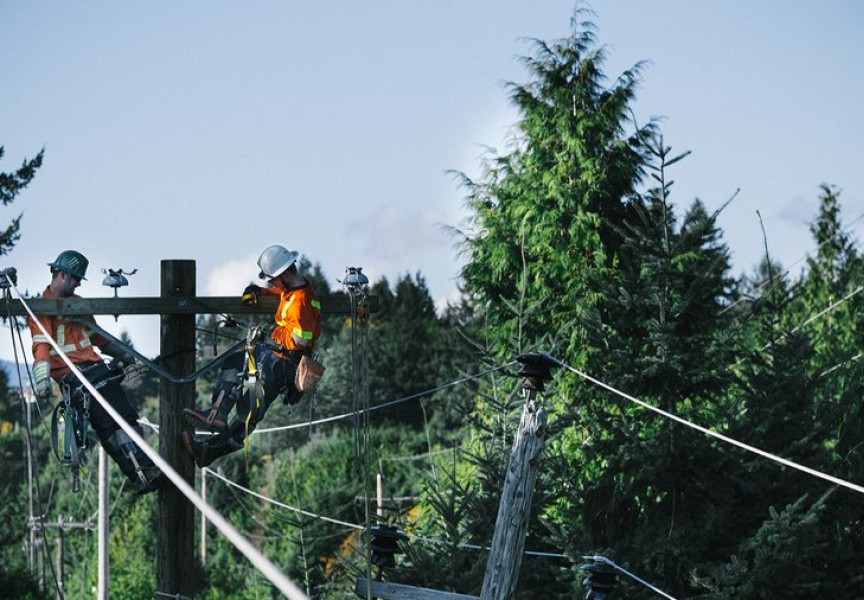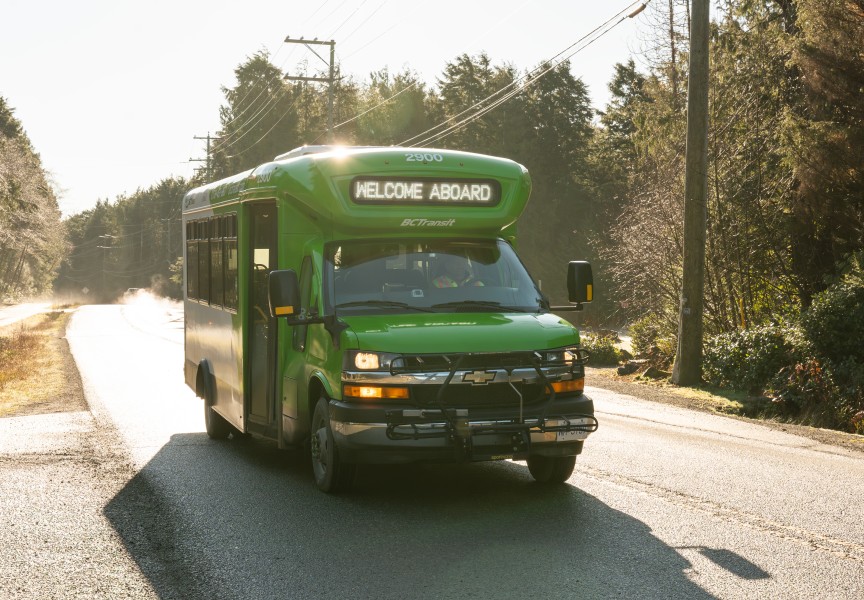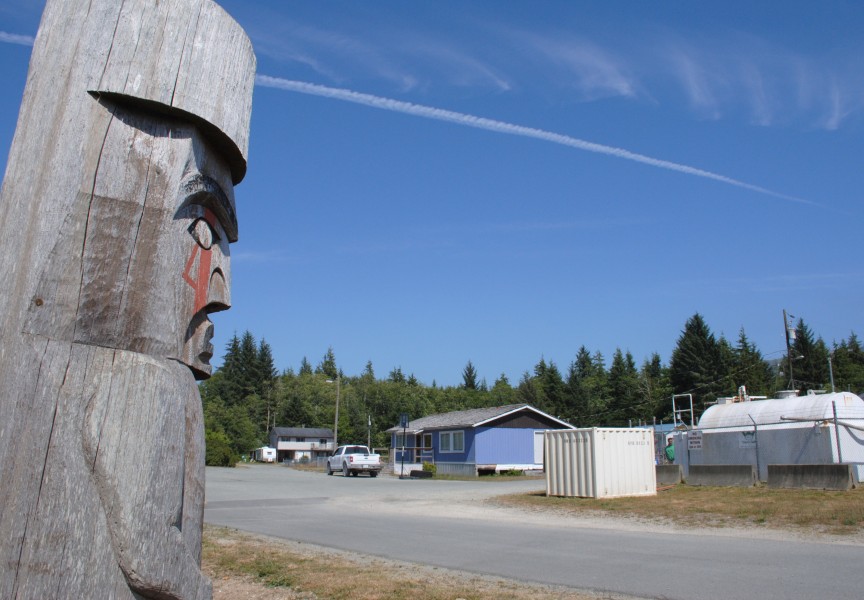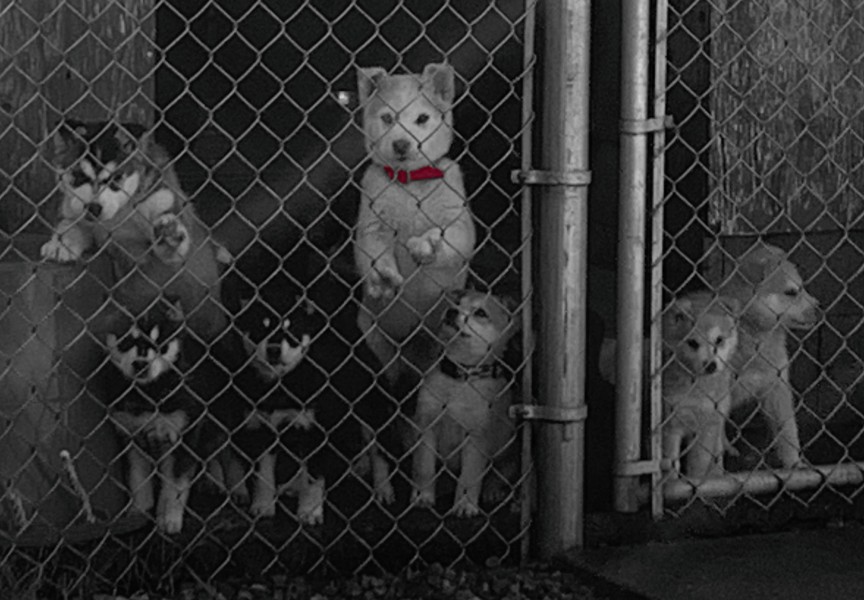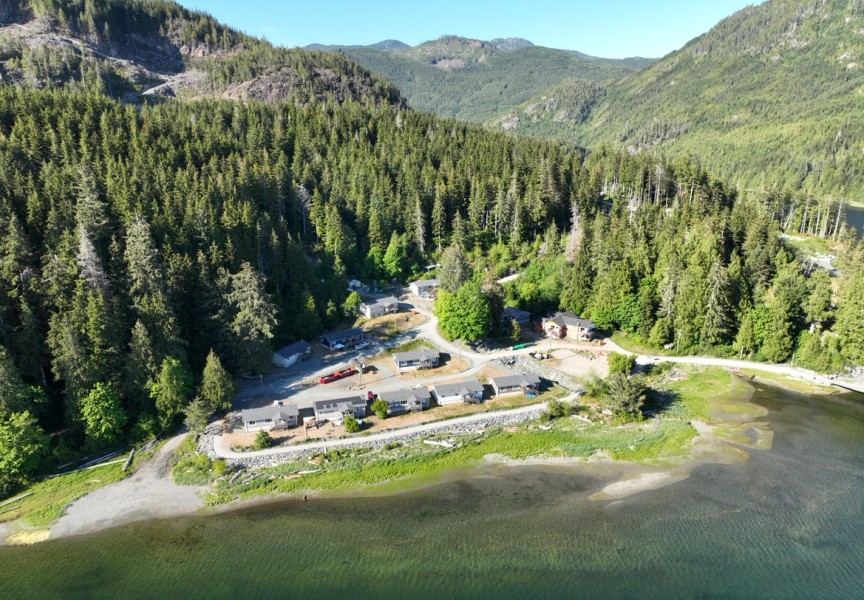One year ago Tla-o-qui-aht, Yuułuʔiłʔatḥ and the Alberni-Clayoquot Regional District introduced a three-stream roadside collection in hitac̓u, Esowista, and Ty-histanis, a service which has since eliminated 175 kilograms of waste per household.
“If you can visualize the magnitude of what [175 kilograms of waste per household has] diverted from our landfill, and thinking this is only our first year, it’s got great prospects for the future to increase the longevity of our landfill,” said Tla-o-qui-aht Public Works Manager Shawn Quick. “It's extending the life of that landfill, [and] it's reducing all of that recycling being deposited there.”
The Sort’nGo three-stream roadside collection service includes garbage, compost, and recycling. The ACRD program was led by Tla-o-qui-aht and Yuułuʔiłʔatḥ, as the service was introduced into hitac̓u, Esowista, and Ty-histanis.
“For all three, it was the first introduction of roadside collection – moving away from central collection points in the community,” reads an ACRD press release.
Prior to the introduction of the program, Quick shared that Tla-o-qui-aht communities had dumpsters that garbage bags did not always make it into.
“A lot of cases, the garbage wouldn't even make it into the dumpsters,” said Quick. “It would be stacked outside of the dumpsters by kids that brought the garbage to the dumpsters and couldn't get it in.”
Dogs and crows would easily access garbage and drag it around the communities, he said.
At first there was some push back to the Sort’nGo program, Quick reflected.
“It’s a lot to expect from a household that’s used to being able to throw everything into one bag,” said Quick. “Now they actually have to wash, separate, and take [bins] out to the curb on specific mornings, early in the morning, and they're doing it.”
“This has been a big change for everyone on the West Coast – in particular for the residents of hitac̓u, who have shifted successfully from community dumpsters to three-stream, roadside collection,” said Spencer Touchie, the acting joint director of Operations/Assets for the Yuułuʔiłʔatḥ Government, in an ACRD press release. “This is an important part of improving our sustainability, and I congratulate everyone involved.”
Since the implementation of the Sort’nGo three-stream roadside collection, Quick shared that the Tla-o-qui-aht communities are seeing a reduction in the amount of loose garbage lying around. The community is seeing products that would have otherwise gone in the garbage being recycled, and a decrease in attractants for wildlife.
“Being in a park, it’s crucial that we don’t create attractants to draw bears in,” said Quick.
In this past bear season, Quick said that the communities only saw one troubled bear come through the Tla-o-qui-aht settlements, which didn’t stay for long.
“I thought it was really important to make sure our nation started to recycle and started to become the appropriate stewards of the land that we always were,” said Quick. “[What] I'm most proud of is the community members actually helping make it happen because without their involvement in doing this it wouldn't have happened.”



